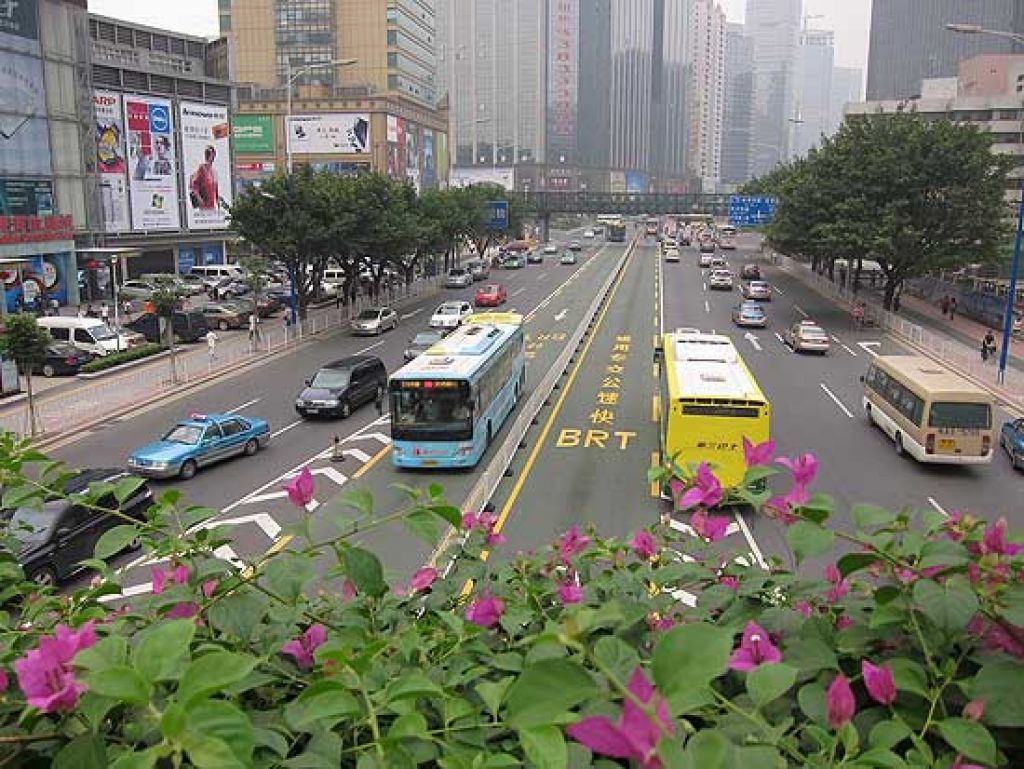
BRT provides near metro-like performance but at a fraction of the cost and construction time, making it capable of attracting significant mode share from private motorized vehicles. (Photo: Asian Development Bank)
Bangkok (People’s Daily) – Southern Asian delegates convened in Bangkok earlier this week to reinforce earlier commitments on the Regional Action Program for Sustainable Transport Connectivity in Asia and the Pacific, Phase I (2017 – 2020) development.
Representatives at the 5th Transportation Committee Session, hosted by the United Nations Economic and Social Commission for Asia and the Pacific (UNESCAP), emphasized the significant contributions that sustainable transport connectivity can have in achieving the 2030 Agenda for Sustainable Development.
UNESCAP Executive Secretary Armida Alisjahbana said during her opening address that network design, construction and upgrades are determining factors when calculating logistics for the 2030 Agenda.
“Reliable, integrated transport networks are essential to the fabric of successful economies and societies. They drive the trade, investment and growth we need to lift people out of poverty,” said Alisjahbana, whose focus also includes regional sustainability and inclusiveness.
The initiative was adopted by regional transportation ministers in December 2016 in efforts to maintain consistency in corridor issues, logistics, rural and international connectivity, sustainability and road safety.
Delegates shared information on their planned activities in the development of the Asian Highway Network, Trans-Asian Railway and Dry Ports network.
With technology as one of the highlights, network breakthroughs in efficiency driven devices along with ideas on reducing carbon emissions were shared.


